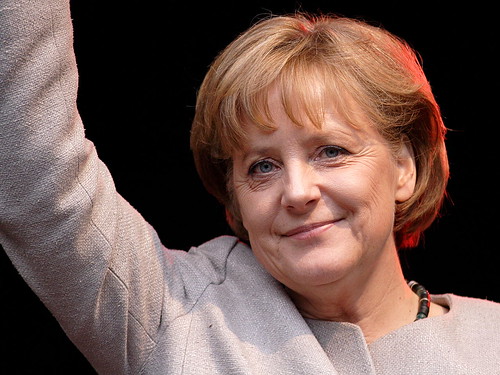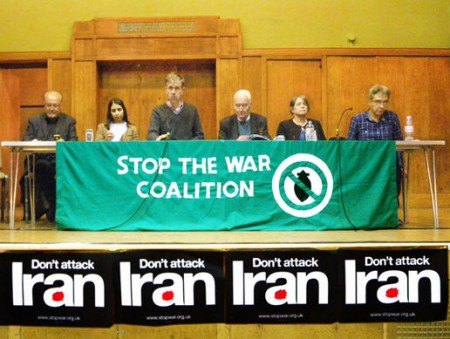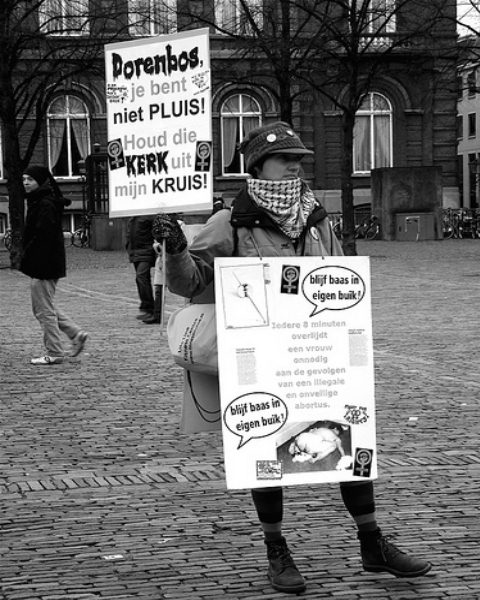
After two months of haggling, a final coalition agreement between the CDU/CSU and the SPD has been hammered out. The 185 page- document is with the title “Shaping Germany’s future” is supposed to set the tone for Germany’s new ‘grand coalition’ (in Germany the coalition is also known as GroKo which stands for Große Koalition). However, the deal sends a clear message: Merkel still holds the reigns and we are not about to witness a volte-face in German policies on Europe and foreign affairs.
The broad consensus established in the coalition agreement means that there is little sign of major innovation or a drastic change in direction in terms of European and foreign policy. On one hand, this can be seen as uninspired as the incoming German government demonstrates no real ambition for leadership in European and international affairs – with the notable exception of the euro crisis. On the other hand, as long as nobody moves, nobody gets hurt; Germany remains a reliable and unobtrusive partner in the world.


